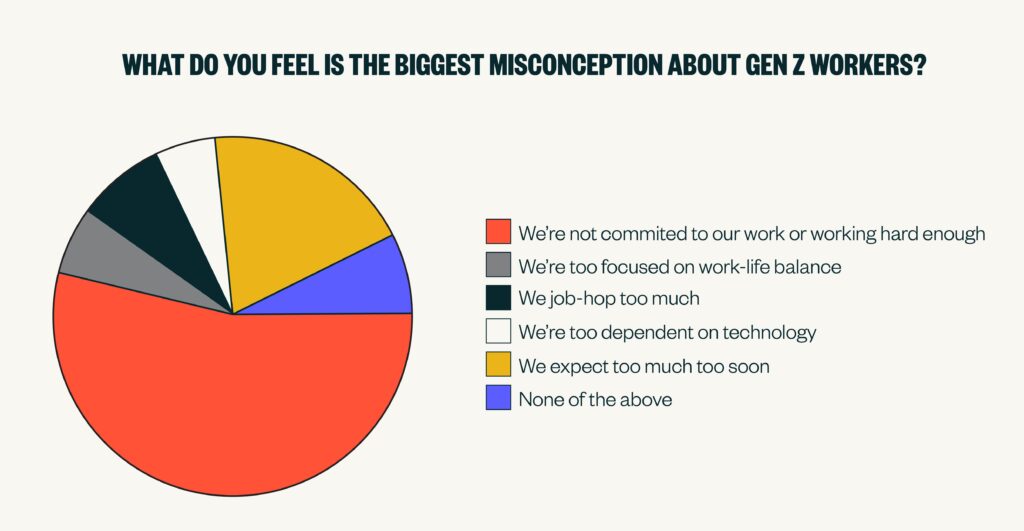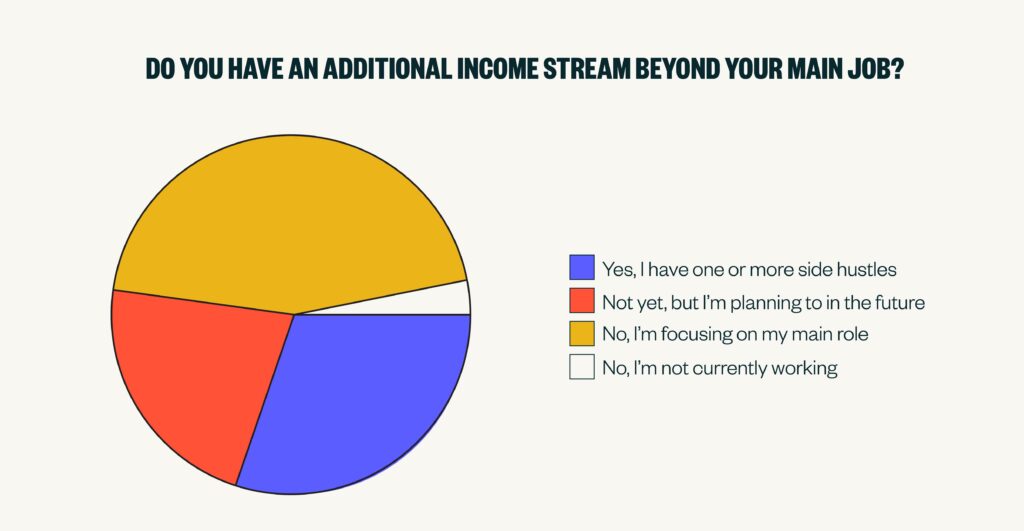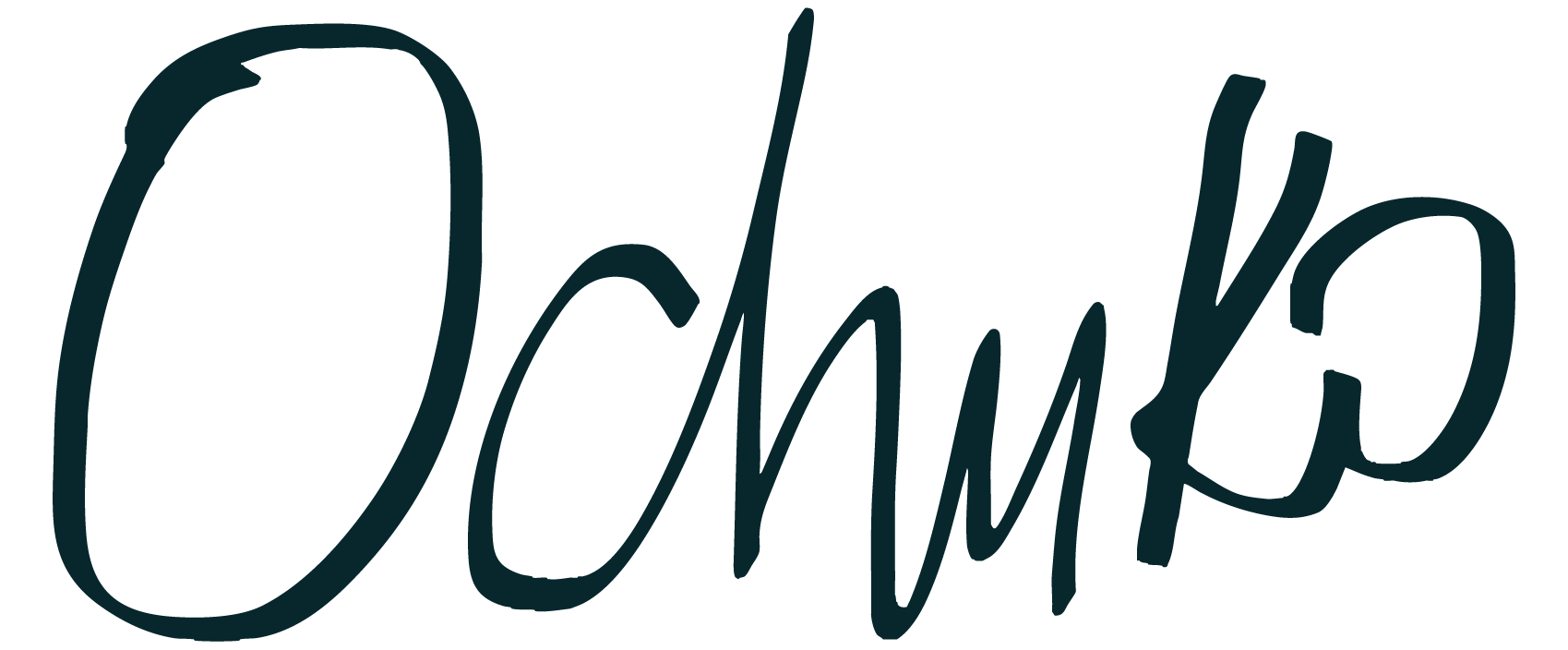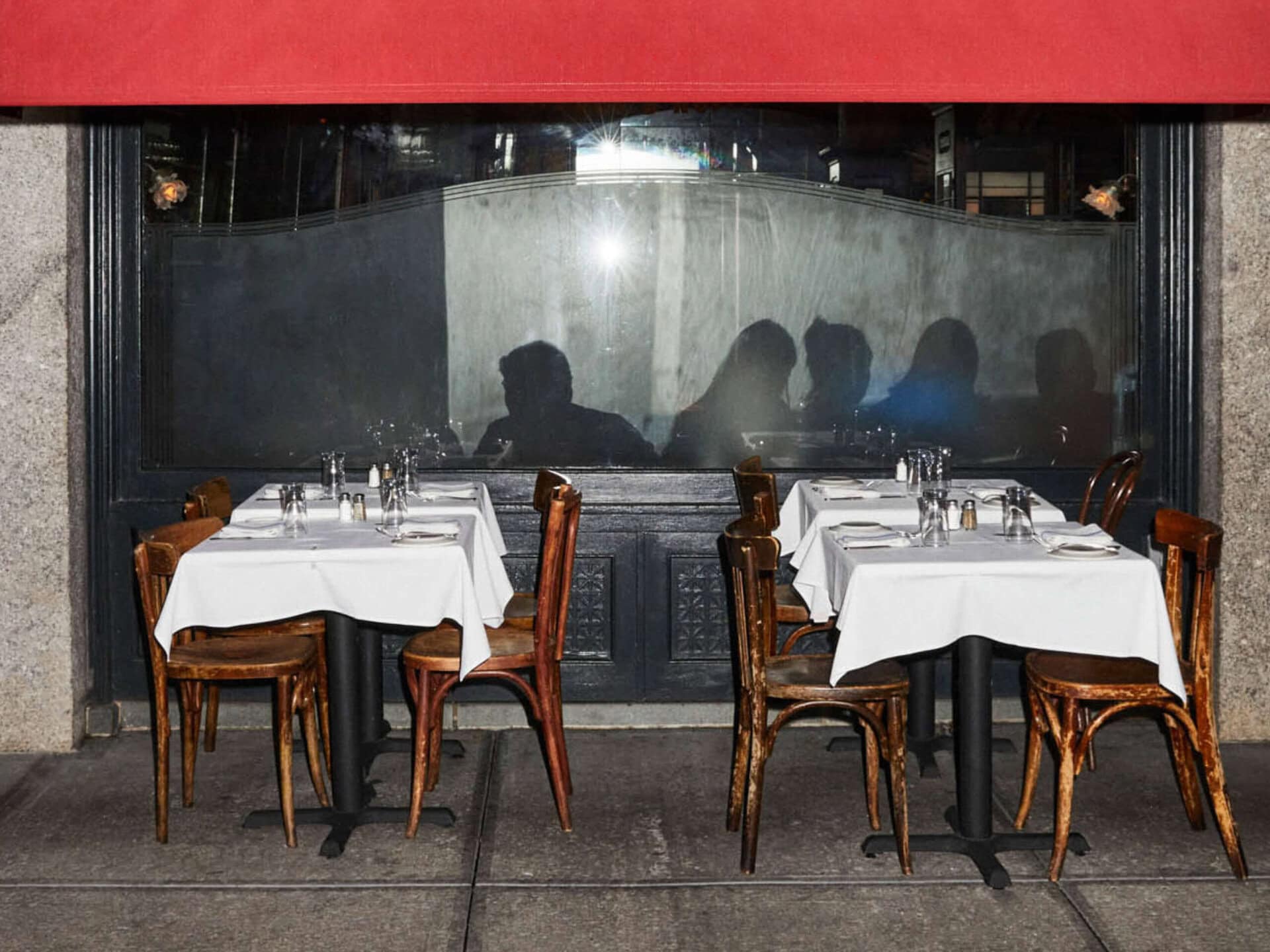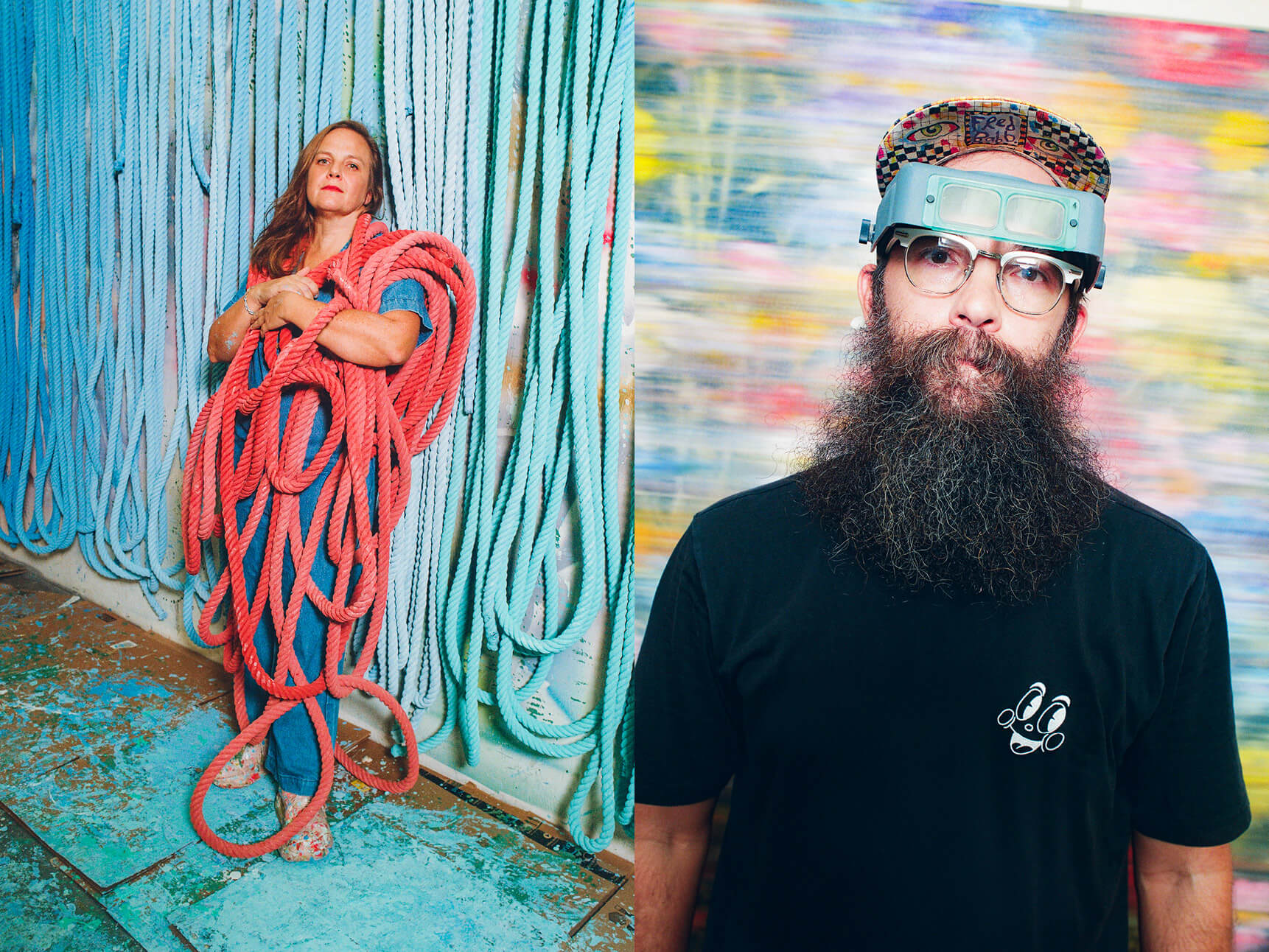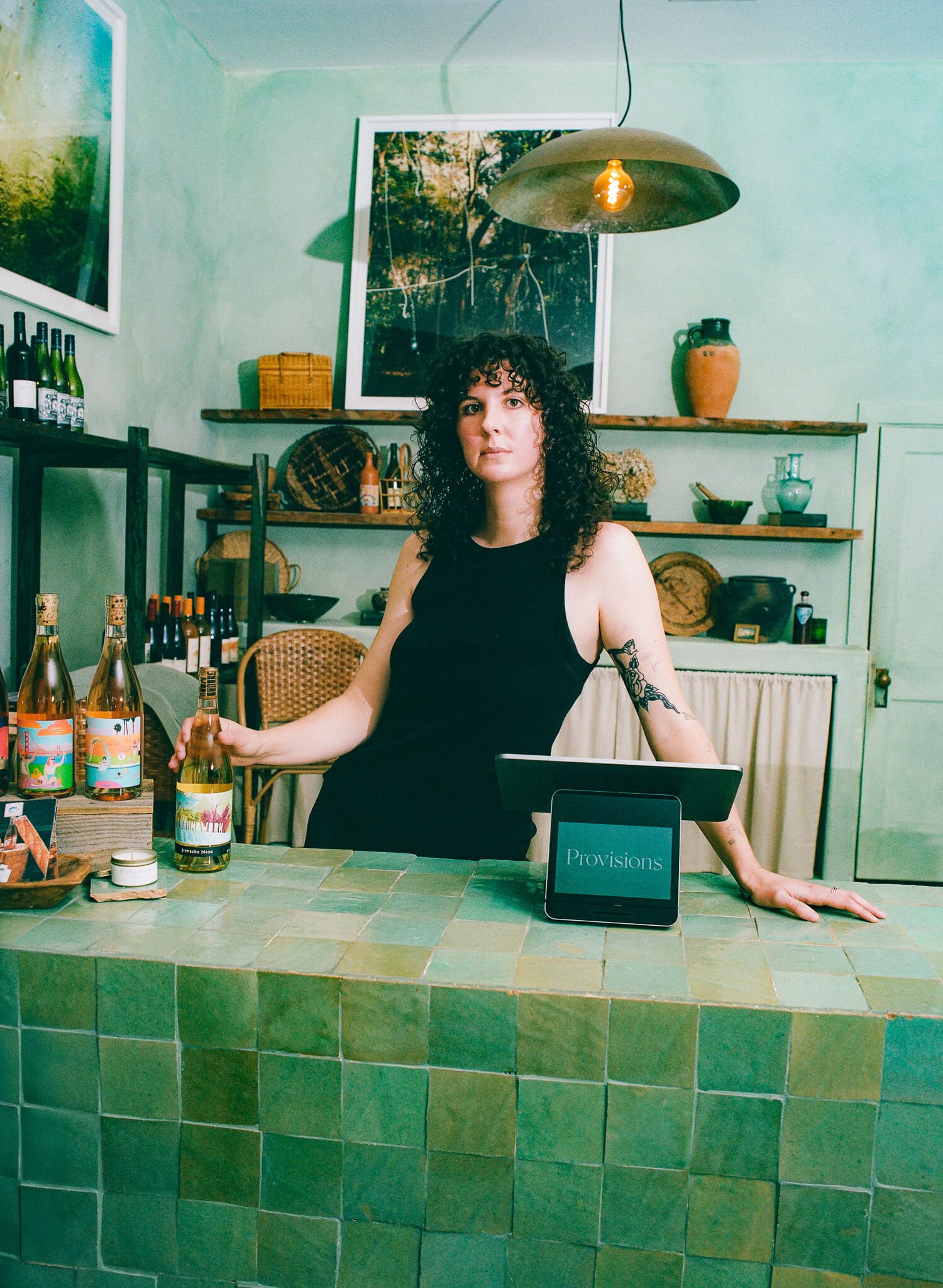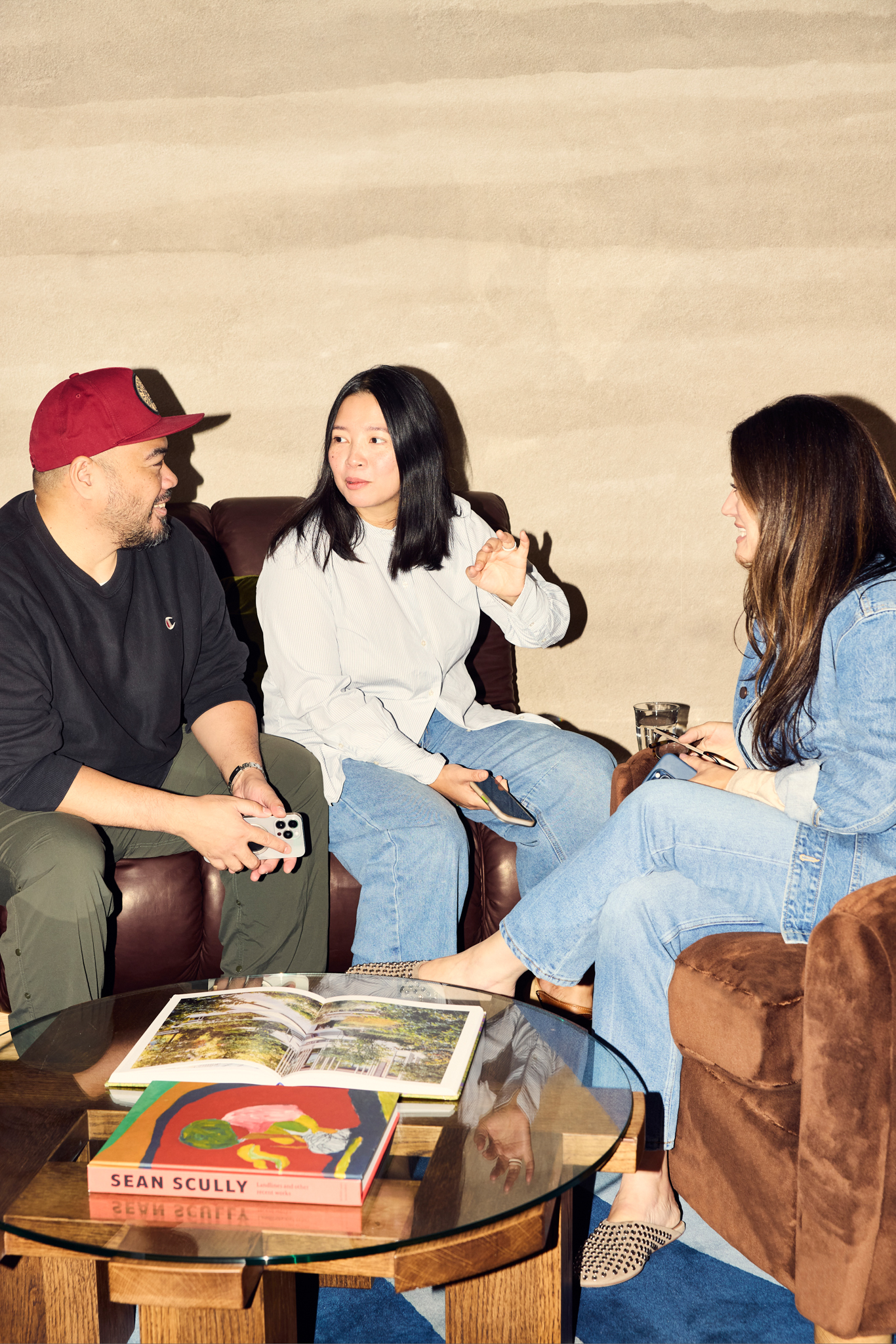
A few months ago, I asked my Gen Z readers how they were feeling about their careers. At the time, I had money on my mind—specifically: how to make more of it, who had more of it than I did, and why. I was 25, three years out of college, a career expat, and the job market already looked quite different than it had during my senior year.
It’s not lost on me that the cultural narrative around Gen Z soured after COVID—right as pandemic restrictions lifted and a significant number of us entered the workforce. Around the time I started writing my newsletter, as seen on—which covers business, culture, and Gen Z trends—few things were more in vogue than cataloging all the ways Gen Z was supposedly bad at work: lazy, self-indulgent, uninspired. All that free thought, individualism, and emphasis on mental health suddenly felt a lot less admirable than it had just a few years earlier.
In total, 255 Gen Zers across 21 countries and 26+ industries responded to the survey, many of them having graduated between 2019 and 2024. They answered questions on money, career growth and expectations, job hunting, and where they were working. The word flexibility came up a total of 310 times. Young workers, like everyone else, want more control over their week.
Contrary to popular belief, most Gen Z workers aren’t sitting at home in sweats all day, hunched in front of their laptops, watching the clock tick on. And most of us don’t want to be. Over half of Gen Zers work under a strict hybrid setup, with just one in four fully remote. Eighty-three percent of respondents said they’d choose a hybrid work model if given the option, and only six percent would opt to work fully in person. Not too different from the general population, really.
I asked hybrid and remote workers how their work setup had affected them romantically, socially, and professionally. While many admitted their careers might’ve taken a hit, most felt the boost to their social and romantic lives made up for it.
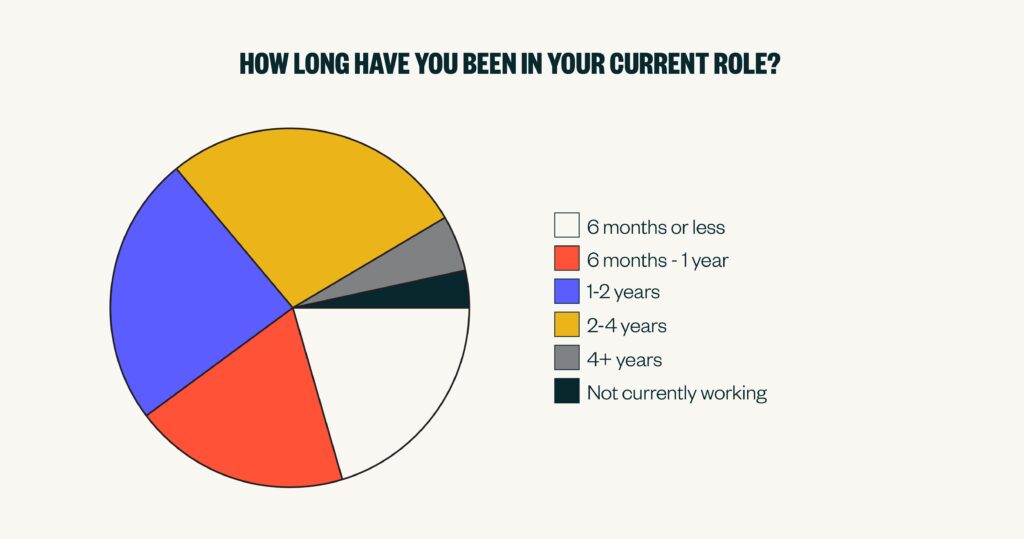
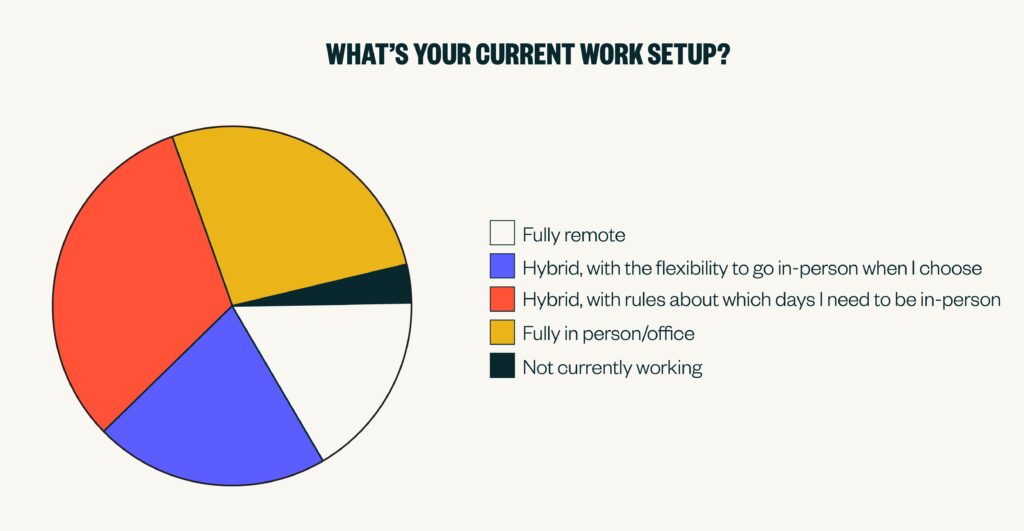
An NYC attorney shared, “Going into the office has helped me make friends! The remote option (two days a week) also lets me do errands, cook, go to the gym, etc.” And a software engineer added, “Hybrid is great socially and romantically—my partner and I get to WFH together twice a week, and I can dip out midday for a run with a friend. Professionally, it’s probably a mild to moderate negative, since we’ve bonded less as a team.”
Remote workers expressed less positive sentiments about their situation, highlighting social disconnect and career stagnation. An account manager from Edinburgh wrote, “I feel like I’ve missed out on social connections early in my career. I kinda romanticized post-work drinks and meeting new people, which never happened. I also wonder if not seeing older colleagues means I’ve missed out on role models or small tips that would help me grow.” One from Boston added, “I notice a considerable drop in productivity and mental health if I WFH too many days in a row.”
Conversely—and predictably—fully in-person workers dream of WFH days. “I feel burnout much more quickly after going into the office every weekday,” wrote a curatorial assistant in Bentonville. Others expressed frustration with long and expensive commutes, the stress of meal prep, and difficulties planning their week efficiently.
While money is the number one thing Gen Zers claim would keep them around in a job, those who are happiest in their current roles highlight their flexible work-life balance—not six-figure salaries. Flexibility isn’t a perk anymore; it’s the baseline expectation for a generation recalibrating what it means to build a career.
